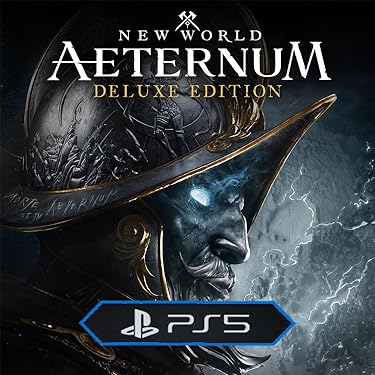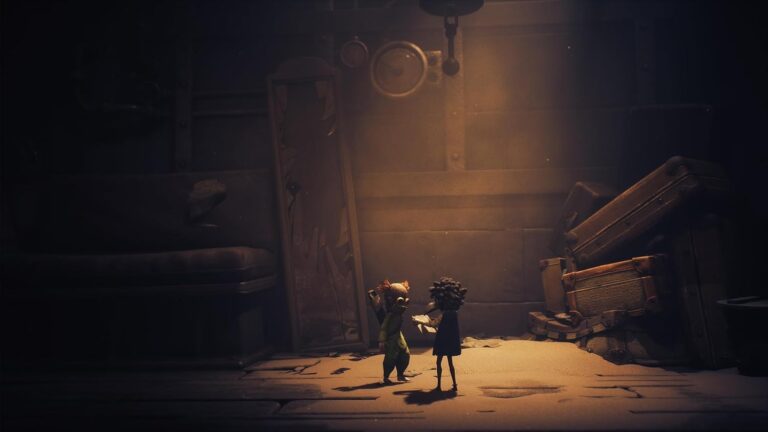Steam clarifies buyers don’t actually own their digital games.

Steam has added a disclaimer that reminds buyers that they won’t own the games they’re purchasing on the storefront. Instead, they are buying a license that lets them play the game, which can be revoked by Steam or if the publisher removes the game.
This comes after California passed a law that requires digital stores to disclose this fact, since many consumers likely assume that buying a game digitally would grant them the same rights as picking one up physically. It seems that Steam is the first digital gaming storefront to add this disclosure, and has rolled out it across all regions, not just for users in the US.
Steam Tells Players That They Don’t Actually Own The Games They Buy
As reported by PC Gamer, this change was spotted on Reddit. I checked it out myself, and it shows up when you’ve added a game to your basket, just before you head to checkout.
PC Gamer also notes that GOG is using the opportunity to remind everyone that this isn’t as much of an issue on its own platform. True enough, games can still be removed from the storefront and even customer libraries, but unlike Steam, you’re able to download your games offline. This means that, as long as you have the game installed, you’ll still be able to play it as you were before you lost the license.
GOG granting users access to an offline installer is probably the closest we’re getting to actual game ownership in the digital age. Of course, it’s still not perfect, since you need to have the games installed already, but at least they can’t be taken away from you once you’ve done that.
It remains to be seen when other online storefronts put up disclaimers Steam has done, although they will have to comply with the Californian law soon enough. In any case, it’s a reminder that we don’t really own many of the games we pay for, even if the stores have omitted that fact for some time.












